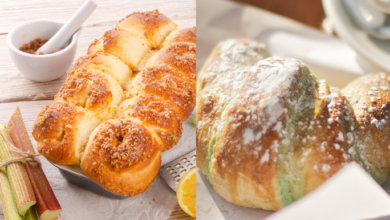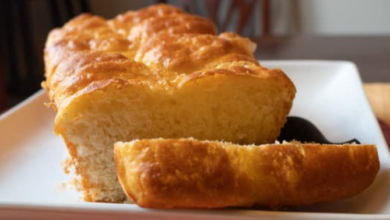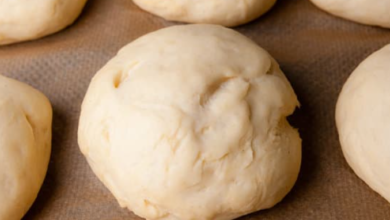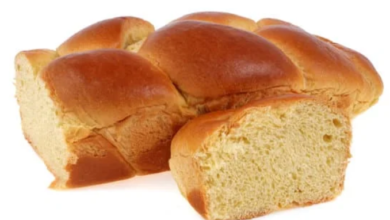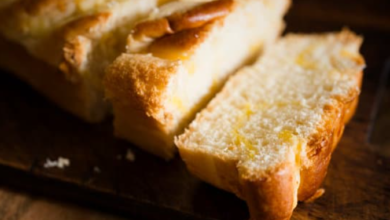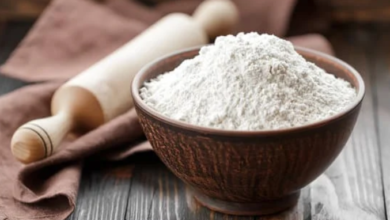Proofing Brioche: How Can You Be Sure?
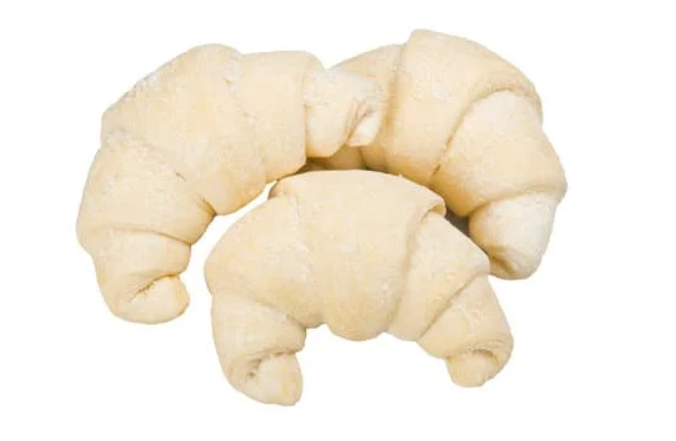
What To Know
- Proofing, the process of allowing yeast to ferment and expand the dough, plays a crucial role in determining the final outcome of your brioche.
- When baked, a well-proofed brioche will exhibit a pronounced oven spring, rising significantly in the oven.
- Over-proofed dough may develop a thick and tough crust, while under-proofed dough may have a pale and underdeveloped crust.
Brioche, an indulgent pastry renowned for its rich, buttery flavor and fluffy texture, requires precise proofing to achieve its optimal qualities. Proofing, the process of allowing yeast to ferment and expand the dough, plays a crucial role in determining the final outcome of your brioche. Here’s a comprehensive guide to help you identify the telltale signs of perfectly proofed brioche:
1. Visual Cues
- Increased Volume: Proofed brioche dough should have doubled or even tripled in size compared to its original volume.
- Smooth and Elastic Surface: The surface of the dough should be smooth and elastic to the touch. When gently pressed, it should spring back slowly.
- No Tears or Cracks: Over-proofed dough tends to develop tears or cracks on its surface.
2. Finger Poke Test
- Gentle Resistance: When you gently poke the dough with your finger, it should resist slightly but not feel hard or dense.
- Spring Back: The dough should spring back slowly after the poke. If it springs back immediately, it’s under-proofed. If it doesn’t spring back at all, it’s over-proofed.
3. Dough Temperature
- Between 75-85°F (24-29°C): Aim for a dough temperature within this range. Cooler dough will proof more slowly, while warmer dough may over-proof.
4. Time
- 1-2 Hours: Brioche dough typically proofs for 1-2 hours at room temperature or overnight in the refrigerator.
- Factors Affecting Proofing Time: Factors such as dough temperature, yeast activity, and ambient temperature can influence the proofing time.
5. Bulge Test
- Dough Rises in Oven: Place the shaped brioche dough in a warm oven with the light on. If the dough rises significantly within 15-20 minutes, it’s ready for baking.
6. Oven Spring
- Significant Rise During Baking: When baked, a well-proofed brioche will exhibit a pronounced oven spring, rising significantly in the oven.
7. Internal Structure
- Even Crumb: A properly proofed brioche will have an even and tender crumb, with small, evenly distributed air pockets.
- No Dense Areas: Over-proofed brioche may have dense or gummy areas due to excessive yeast activity.
The Importance of Perfect Proofing
Proofing plays a vital role in the quality of your brioche:
- Flavor Development: Proper proofing allows the yeast to ferment and produce flavorful compounds that enhance the taste of the brioche.
- Texture: Proofing creates air pockets in the dough, resulting in a light and fluffy texture.
- Rise and Expansion: Proofing allows the dough to expand and rise, giving it its characteristic shape and volume.
- Crust Formation: Over-proofed dough may develop a thick and tough crust, while under-proofed dough may have a pale and underdeveloped crust.
Summary: Mastering the Art of Proofing
Understanding the signs of perfectly proofed brioche is essential for successful baking. By observing the visual cues, performing the finger poke test, and considering the dough temperature and time, you can ensure that your brioche achieves its full potential. Remember, mastering the art of proofing takes practice and patience, but the results will be well worth the effort.
Frequently Asked Questions
Q: How long can I proof brioche dough?
A: Brioche dough can be proofed for 1-2 hours at room temperature or overnight in the refrigerator.
Q: Can I overproof brioche dough?
A: Yes, over-proofing can lead to a dense, gummy texture and a thick, tough crust.
Q: Why is my brioche dough not rising?
A: The dough may be under-proofed, the yeast may not be active, or the dough may be too cold.
Q: How do I prevent my brioche from deflating?
A: Punch down the dough after the first rise to remove excess gas and prevent deflation.
Q: What is the ideal temperature for proofing brioche dough?
A: Aim for a dough temperature between 75-85°F (24-29°C).
